Researchers in charge:
Diana Torres. Universidad Nacional de Ingeniería, Lima, Perú
Daniela Perleche. Universidad Nacional de Ingeniería, Lima, Perú
Attendees:
Gianina Saavedra. Universidad Nacional de Ingeniería, Lima, Perú
Adrián Aiquipa. Universidad Nacional Mayor de San Marcos, Lima, Perú
María Tuanama. Pontificia Universidad Católica del Perú, Lima, Perú
Summary:
Beginning in 1940, the conurbation of Lima Metropolitana and Callao began its metamorphosis due to the intensification of migratory processes, a process that increased the gap in access to housing. Since then, the self-production of city and housing has consolidated as the main mode of production of urban space. In contrast to this phenomenon, urban planning efforts, both state and private, have concentrated only on consolidated urban areas, which has generated unequal development. From the perspective of Critical Urban Theory, through a mixed methodology, the production of urban space in Lima and Callao is analyzed from the role of the producing agents, the ideological approaches and the socio-spatial effects, with emphasis on the popular processes, since they are the majority ones. It is made evident that the epistemological bases of the self-production of urban space, pigeonholed as urban informality, both from academia and the State, lead to the establishment of ineffective public policies that benefit only certain groups of power, denying its dynamic condition and its multi-causality; at the same time insisting on the perpetuation of the formal and informal dialectic, when in practice this distinction is unreal.
